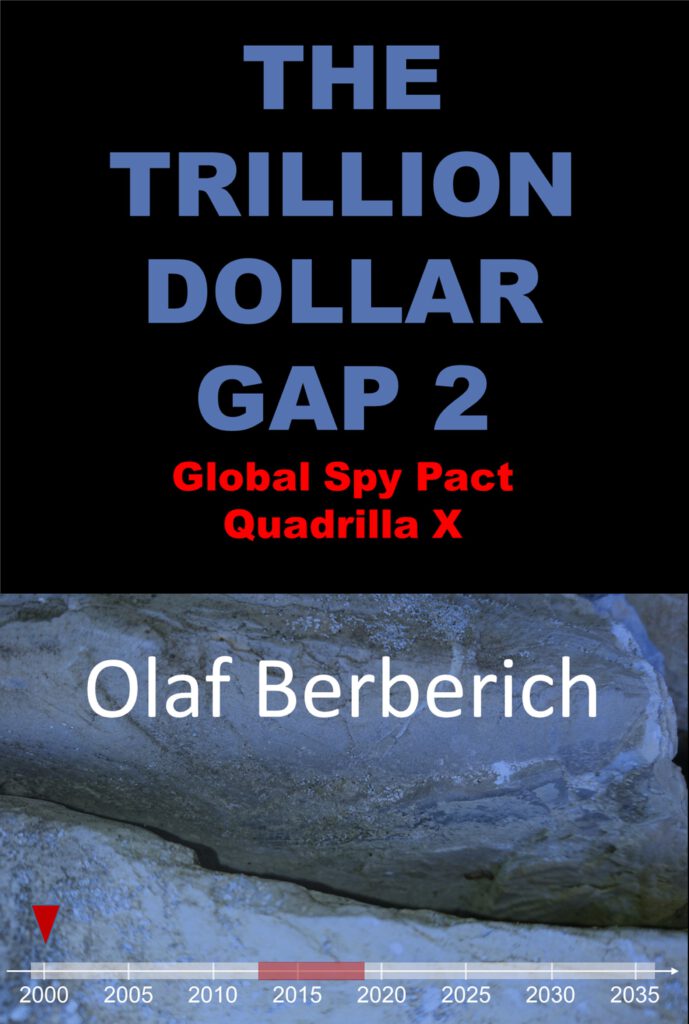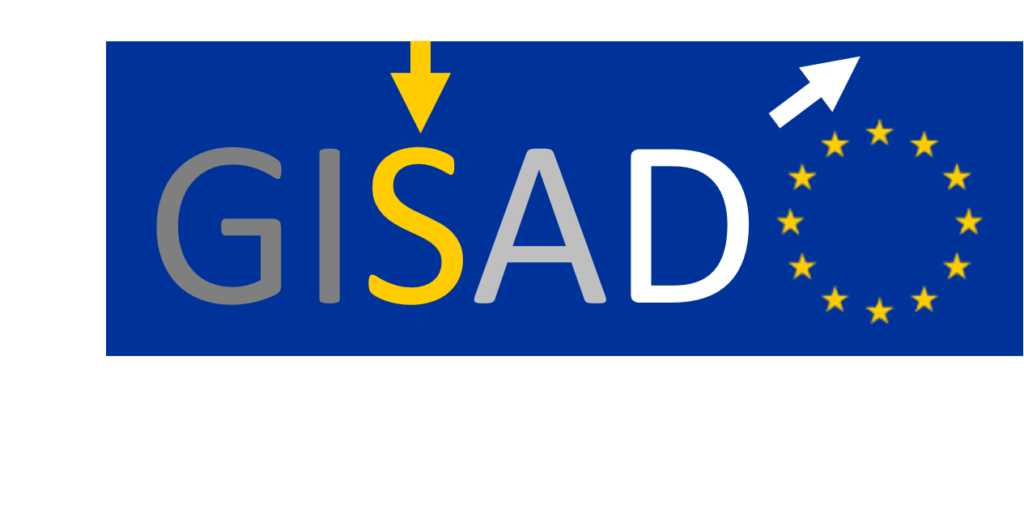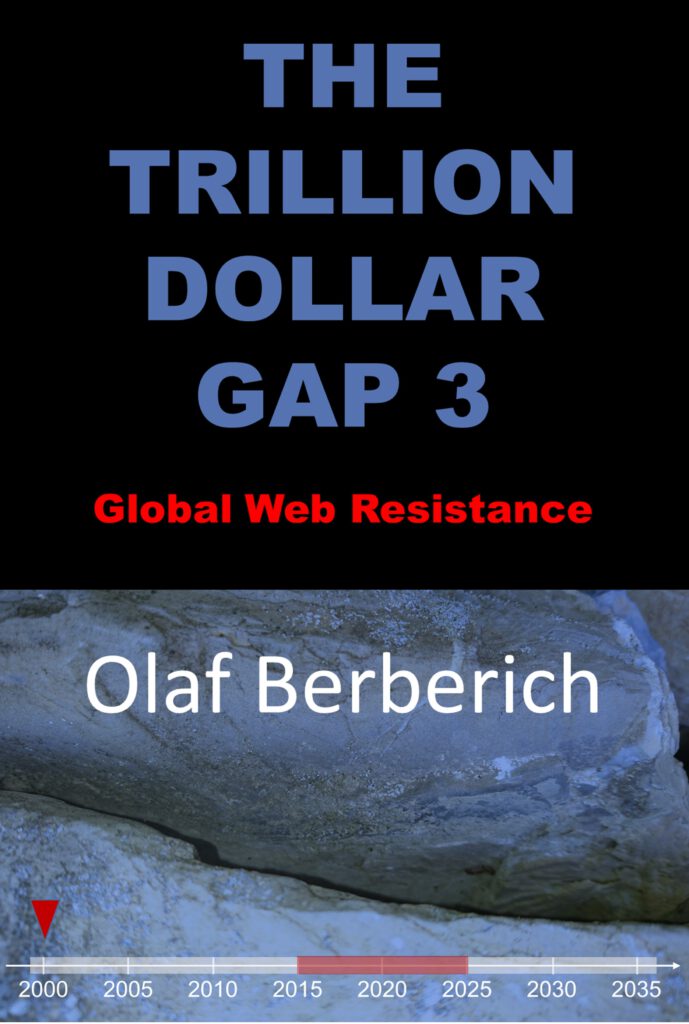The next few years will determine for a very long time what opportunities for self-development and liberties will be guaranteed in the digital societies that are just emerging.
The crises are mounting. Many could have been prevented with proactive action. The Ukraine war is, among other things, the result of political inability to shape a digital democratic Europe.
Having never been to war myself, I feel like I have been in resistance for 30 years because I defend the Basic Law in the context of digitalisation. Many others who have taken this path have failed and are no longer fighting. One of the few statements I remember from my studies is the thesis of the American sociologist David Riesman that we are evolving from an internally-led to an externally-led society. Whereas we used to follow primarily an inner compass of values and morals, we have increasingly come to extend our antennae. The behaviour of others becomes decisive for our behaviour. These theses were visionary and were already put forward in 1950, i.e. at a time when the internet did not yet play a role.
You can accuse me of never having said goodbye to my inner line, in other words, of not being adaptable enough. But perhaps that is precisely the reason why I can help today with ideas that are, in principle, 20 years old.
What comes after the outside line? Riesman’s outside line still assumes a conscious decision as to which behaviour the individual adopts from the masses and which does not.
Are we still externally directed or already remotely controlled? What if the power at the helm dissolves or loses direction?
Several phases of digitalisation have significantly influenced our social behaviour:
1990 to 11 September 2001: The irrational dotcom hype and the surveillance mania after 9/11.
In 1990, 5 years before the dotcom hype started, I started training executives for digital companies and developing digital business models. It was not about collecting large amounts of money and scaling globally as fast as possible, but about a solid craft of mapping pre-digital achievements in a digital society.
Both the bursting of the dotcom bubble in March 2000 and the attack on the World Trade Center on 11 September 2001 have, in my view, prevented the emergence of a digital democratic society to this day. Serious business models were lumped together with those of phonies who promised unrealistically fast money and caused the crisis.
Some companies have managed to go global because of the applicability of their business models in both democracies and autocracies. Much of the surveillance mania and the accompanying manipulation can still be found in the business concepts of large digital companies today. The Ukraine war in 2022 would not have been possible without the deception of the Russian public with the help of digital manipulation and surveillance. Even Hitler described the wars he led as such (Goebbels: „Do you want total war?“).
2001 to June 2013: The totalitarian bubble of remote control through surveillance and manipulation.
Against this background, I wrote my first book „7/11“ in 2006. On the one hand, I was concerned with escalating self-experienced manipulations into a plot. On the other hand, I also wanted to defend my vision of a digital democracy. As part of my book series THE TRILLION DOLLAR GAP, I am currently publishing the second edition of 7/11 in German. Here, I relate our situation in 2022 to a fiction in which the struggle for a digital democracy already began in 1999!
June 2013 to February 2022: The bubble of a digital democratic illusory world.
Edward Snowden probably wanted to strengthen civil rights in June 2013 with his revelations about total American surveillance. In my experience, rather the opposite was achieved. Almost all leaders showed the same change in behaviour. Instead of taking action against abuses, total surveillance was taken for granted. The permanent control leads to self-censorship: „Better not even think about issues that could then be voiced.“ This is the reason why China is catching up in terms of innovation. People need to be free in their minds to develop optimally, as is necessary for true innovative capacity. We have increasingly squandered this advantage over autocracies through a lack of democratic digitalisation strategy.
For a long time, attempts were made to deny or even wrap up the totalitarian development. There was talk of „we have lost the B2C market“ or even of „post-democracy“. Only an inner-directed person can proactively shape his future and that of his fellow human beings. An externally directed person must wait for an event to which he can react. The sentence: „The one who moves first has lost“ applies here. The most reactions are taken into account by the one who reacts last! The constant back and forth about data protection has also not helped to give people a sense of protection of their digital privacy.
My second book, Global Spy Pact Quadrilla X, in THE TRILLION DOLLAR GAP book series, now published, ends in 2019. It was written by me in the year of the Snowden revelations in a spirit of optimism. I was finally able to realistically portray the background of global surveillance. Only a few small extensions were necessary in 2022 to develop a scenario in which a Ukraine war became unrealistic.
Since February 2022: In a European war.
All our prosperity will be of no use to us if we continue to deny our inner compass out of fear of the others. For Putin is obviously internally guided and not afraid to assert himself. Not unexpectedly for me, the Ukrainian president has just fired his intelligence chief. All too often, intelligence agencies use the digital tools provided to abuse power in ways that are not democratically controlled. Crucial to the future of our digital society will be intelligence reform in which the services work closely with citizens in the spirit of the Basic Law, which supports with social control.
Since 2017, I have been pushing for the establishment of GISAD as a standardisation and clearing house for each language area a cooperative to be founded. In the cooperatives, as operators of the EU-D-S (European Digital System), small companies should find protection and receive the same development potential as large companies.
The third book „Global WEB Resistance“ was written by me in 2014. In the plot added in 2022, no Ukraine war takes place. I have made the book available to European decision-makers. Based on the positive reaction, I expect GISAD to be founded in the short term. For the price of two new tanks, a concept is to be implemented with which Russia can be shown its limits on behalf of all autocracies. Whether, in what form and when this third book will be published depends on the decisions of politicians.
6th World Congress for Chinese Studies
At the 6th World Congress for Chinese Studies, I will be a speaker presenting how to WAN anonymously connect people living in democracies with people living in autocracies within a language area. As a liberal, I trust that citizens in democracies feel more comfortable than those in autocracies. There should be a dialogue between citizens living in different countries. Mutual prejudices should be reduced.
However, there is a difficulty! As has been proven in more than 80 statements on EU initiatives by GISAD, democratic principles are currently not yet implemented in digitalisation. On the other hand, there are many concepts and efforts to implement monitoring and control systems comparable to the Chinese Social Credit System in our country as well. Before there can even be a fair comparison and competition of systems, democracies need a corresponding democratic digital space!



